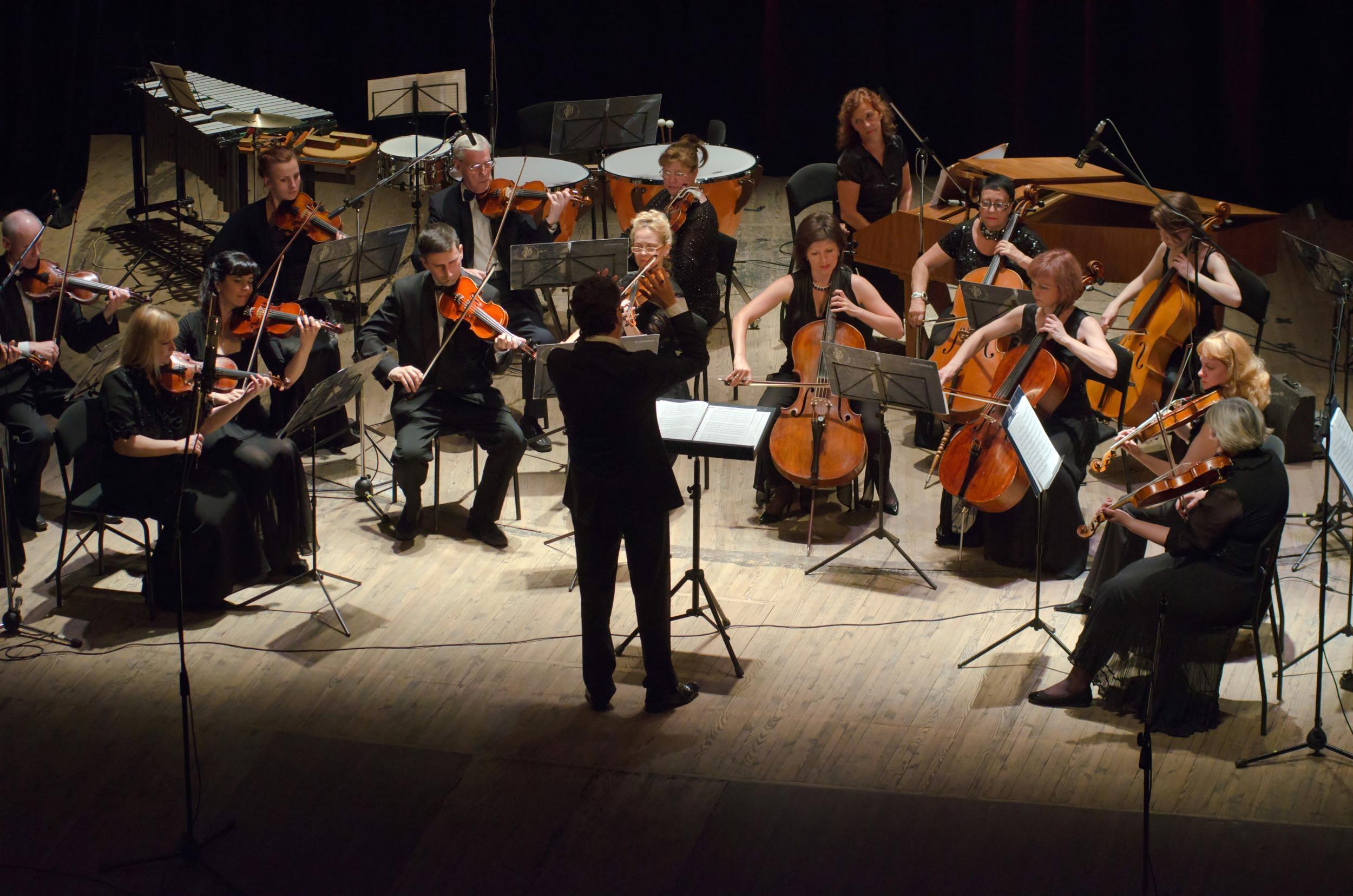Sexual harassment plaguing classical music sector, study finds
Orchestras and ensembles primary place for discrimination

Your support helps us to tell the story
From reproductive rights to climate change to Big Tech, The Independent is on the ground when the story is developing. Whether it's investigating the financials of Elon Musk's pro-Trump PAC or producing our latest documentary, 'The A Word', which shines a light on the American women fighting for reproductive rights, we know how important it is to parse out the facts from the messaging.
At such a critical moment in US history, we need reporters on the ground. Your donation allows us to keep sending journalists to speak to both sides of the story.
The Independent is trusted by Americans across the entire political spectrum. And unlike many other quality news outlets, we choose not to lock Americans out of our reporting and analysis with paywalls. We believe quality journalism should be available to everyone, paid for by those who can afford it.
Your support makes all the difference.There is a “high level” of discrimination and sexual harassment in the classical music sector, a new study has found.
Some 60 per cent of respondents said they had experienced discrimination of some sort, with the majority reporting it took the form of sexual harassment, a survey carried out by the Incorporated Society of Musicians (ISM) and shared with BBC Radio 3’s Music Matters found.
Deborah Annetts, chief executive of the ISM, told the programme: “We’ve had about 250 responses and out of those responses, 60 per cent are reporting discrimination of some sort or another and the chief form of discrimination is actually around sexual harassment.
“The primary place in which it’s taking place is in orchestras and ensembles, but there is also quite a high level of activity within schools and conservatoires. It is extremely concerning that there is a very high level of sexual harassment going on within the music community.”
She continued: “We did do an analysis as to whether people were self-employed or employed and what is again really troubling is that the majority of the harassment and discrimination is taking place within the self-employed community – 70 per cent as opposed to 30 per cent.
“That’s very significant because if you think about most working environments, they are largely employed and within an employed structure you will have proper HR procedures, you’ll have cultural norms, etc, which just don’t seem to be operating within the classical community.
“I think the other thing that is really very troubling is that 75 per cent of people are not reporting sexual harassment, which could be as bad as indecent exposure and assault, and the reason for that is because people are frightened that they are going to lose work if they make a complaint.”
One musician, who wished to remain anonymous, told the show she had been told she would not be booked again at a West End show after she rejected the advances of a player who was close friends with her employer.
She said she was also asked to perform a sex act on a music director at another West End show in front of the rest of the all-male band.
Another musician said she believed problems stemmed from it being a male-dominated profession and recalled a male colleague running his hand up the inside of her leg in front of the rest of a band.
Frances Richens, editor of the magazine Arts Professional, also conducted a survey of readers from across the arts industry.
She told the show 800 respondents said they were aware of sexual harassment in the arts, while 500 said they had personally been sexually harassed.
Ms Richens added: “There is a really widespread problem that is deeply rooted in the sector and unfortunately arts organisations are not responding to it adequately enough.”
Press Association
Join our commenting forum
Join thought-provoking conversations, follow other Independent readers and see their replies
Comments